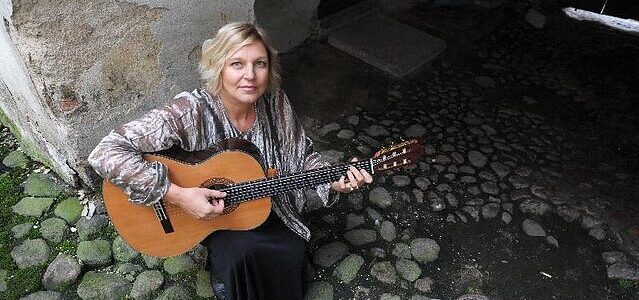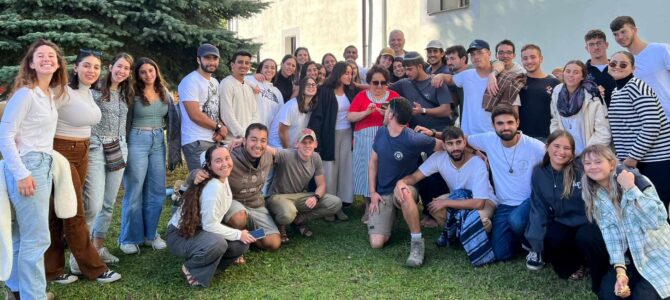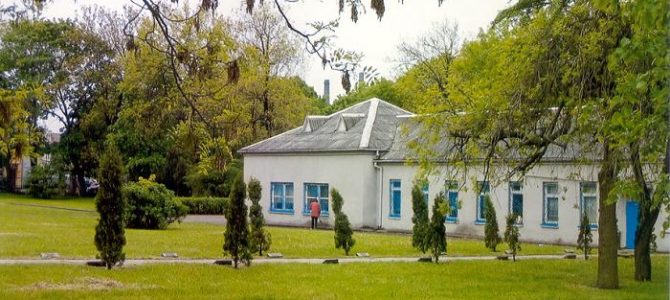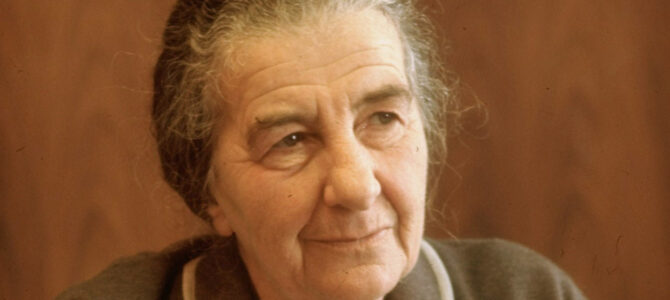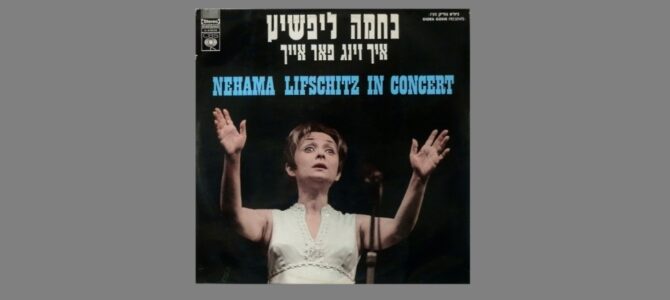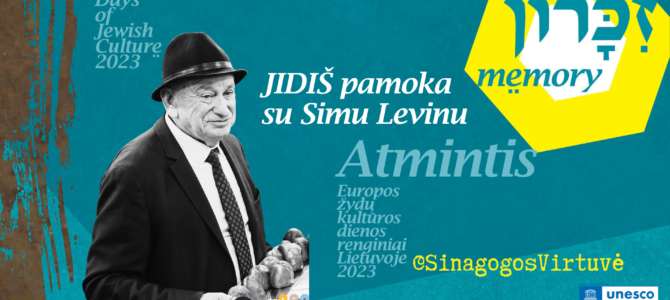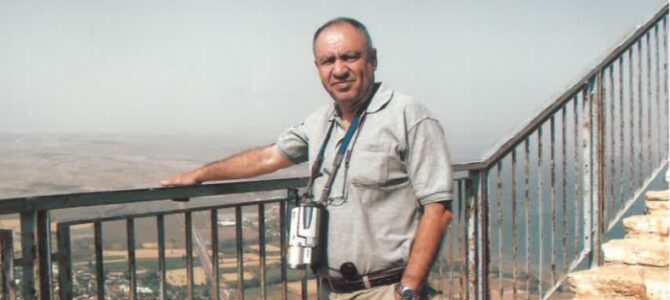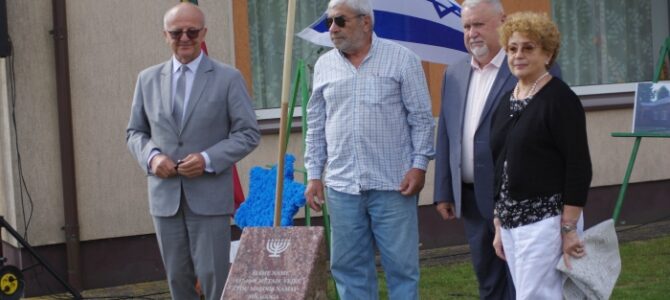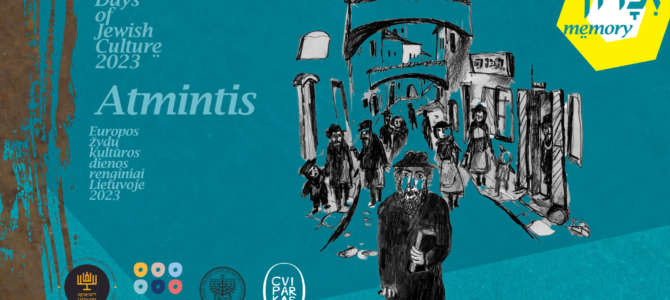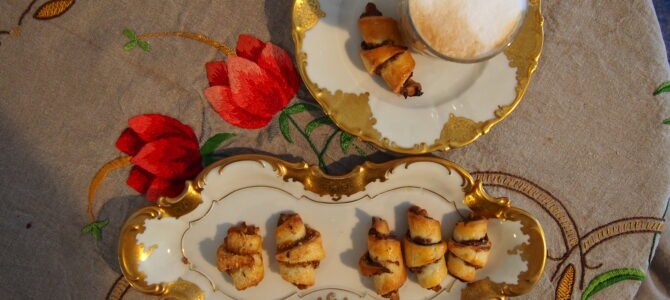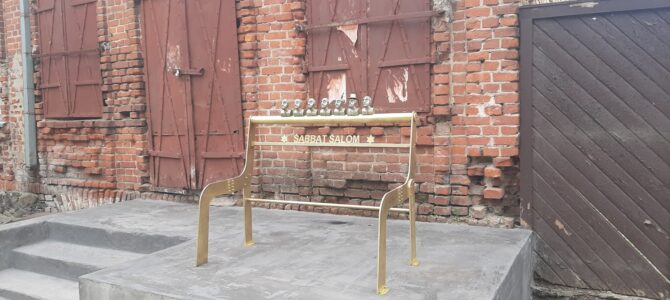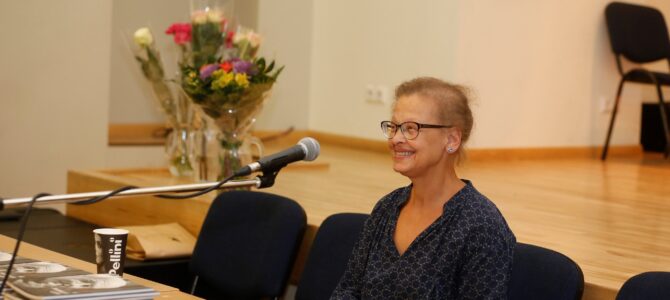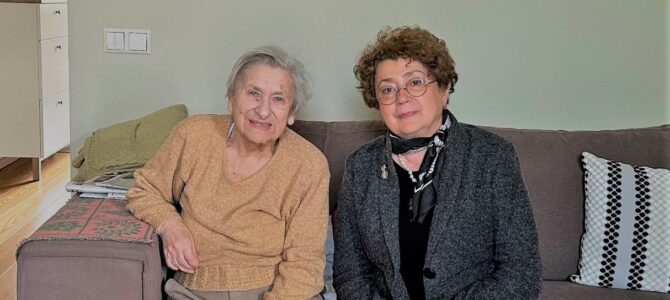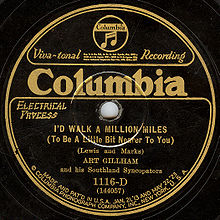by Olga Ugriumova, LRT.lt, September 6, 2023
What is the Puppet Theater in the Lithuanian capital today was the Vilnius ghetto theater during the Holocaust. It is hosting a concert to mark the 80th anniversary of the destruction of the ghetto. The concert is preceded by the opening of an exhibit dedicated to the memory of Leiba and Khael Rosenthal in the courtyard, which was the courtyard of the Vilnius ghetto Judenrat or Jewish council during Nazi rule.
The concert includes songs sung by Marija Krupoves, Arkadijus Gotesmanas doing percussion, Boris Kizner on violin, Artūras Anusauskas on piano and other well-known musicians. Krupoves ,besides earning renown for her musical performances, is also an academic who explores the folklore of many peoples and her song repertoire includes texts in Yiddish, Polish, Lithuanian, Belarussian, Ukrainian, Roma, Tartar and Karaïte, among other languages and dialects.
Marija says the songs of the Vilnius ghetto became her destiny.


